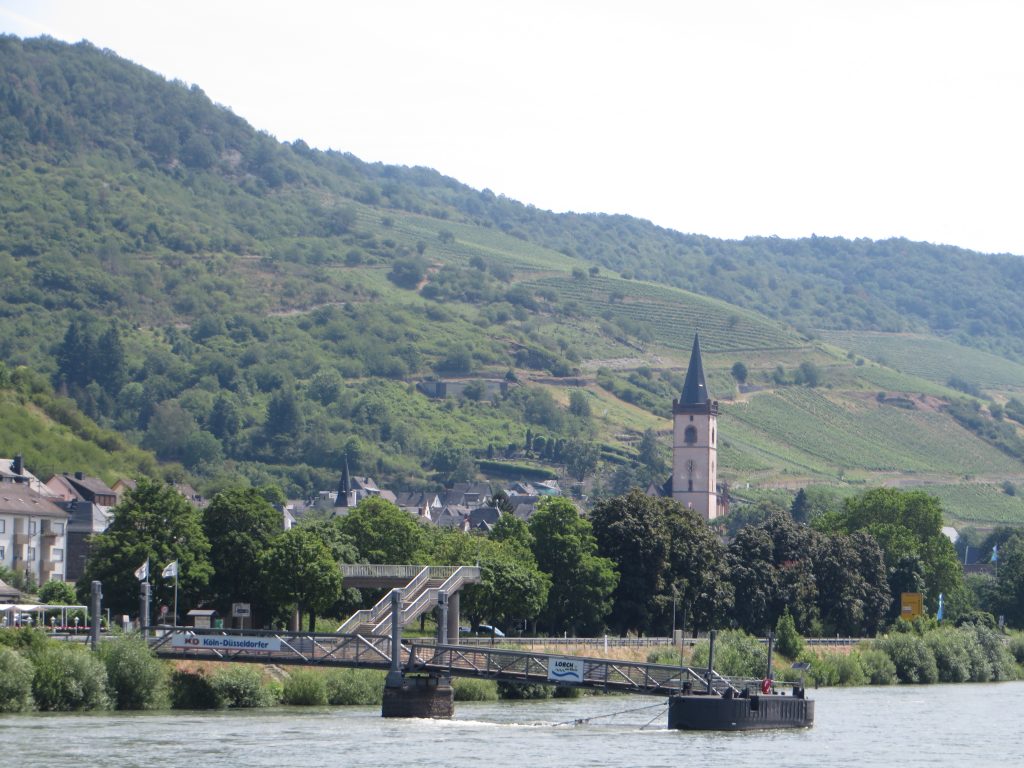If I were called in
To construct a religion
I should make use of water.Going to church
Would entail a fording
To dry, different clothes;My liturgy would employ
Images of sousing,
A furious devout drench,And I should raise in the east
A glass of water
Where any-angled light
Would congregate endlessly.Philip Larkin – Water
Today is the 75th anniversary of VE Day. Whilst the defeat of Nazism is something to be celebrated, I don’t think I’ll be joining in with the socially-distanced tea party in my street. I love my neighbours, but I think today is one that should be given over to quiet reflection rather than light-hearted celebration. I want to take time to remember the millions of men, women and children whose lives were destroyed in the conflict.
I seem to recall that I was a reflective child too, and I used to love to hear my father’s tales about the war when the two of us were together. I only realised later, when I was an adult and spoke to other family members about it, that it was only with me that he opened up about these memories.
As a prisoner-of-war in East Prussia for almost five years he saw his share of cruelty and suffering. He was forced to take part in one of the death marches of January 1945, when the Germans and their prisoners fled west before the advancing Red Army. He lost several of his friends on that march, shot by the German guards because they were too ill and exhausted to keep marching. For the rest of his life the fingers of his left hand, the ones he almost lost to frost-bite, would go white whenever they got cold.
It was the small cruelties he never forgot: like the German soldiers who, at bayonet-point, took the gold signet ring that his mother had given him for his 21st birthday the previous year. But there were small kindnesses too, and it was these that he clung to with equal fervour. There was a Polish girl; she was a forced labourer on a German farm and my father was one of a party of PoWs forced to repair the local roads.
Each day, as they passed each other on their way to and from work, Dad and the Polish girl would smile and nod to each other. Then she started smuggling him food from the farm: an apple, an onion, or maybe a hunk of black bread, quickly slipped from apron to coat pocket.
Inevitably, she was caught. Dad was kicked and hit across the back with rifle-butts by the guards. The girl was slapped and, later that day, she was subjected to the humiliation of having her head publicly shaved as a warning to others. But they couldn’t kill her act of kindness; the memory lived with my Dad for the rest of his life, just as it lives with me now.
We live today in a time of global pandemic; death, fear and suffering on a world-wide scale. Yet every day there are millions of small acts of kindness, from one person to another. In 75 years time, let us hope that it is these small expressions of our shared humanity that are remembered.
Picture of the Rhine at Kestert ©Bobby Seal


What a beautiful post – thank you!
Thanks Carolyn.
Your story of your father really moved me. I felt inspired to write a post about my own father, also a POW for much of the war. After a very long walk, however, I was worn out and fell asleep. Maybe I’ll do it tomorrow – will miss the VE Day anniversary, but never mind. They celebrate it on the 9th in Russia…
Thanks Simon. I’m looking forward to reading that post.
Such an on-point reminder of what we do have to be grateful for. Thank you. The river continues to flow.
Thanks Emily. I’m glad you enjoy reading these posts and I really appreciate your feedback.
Yes.
Of course I consider these issues (but am too young to “remember” them) and feel gratitude.
But I don’t feel it is the correct subject for street bunting.
Pingback: Kindness in war and peace - Tredynas Days
How lovely to have the memory of an act of kindness and a smile to pass on to a son, amid all the other images we seem to be flooded with in celluloid that continue to traumatise. Perhaps we are becoming so distant from war that we no longer relate to it appropriately, it moves closer to something like a sport as if there were ever winners and losers. Thank you for sharing your father’s memory.
Thank you Claire.
Thank you for sharing this.
It makes sense to me that your father only talked with you about this. I suspect it is not so uncommon, because it takes a special kind of listener, and there may be only one person like that in a family, or one type of opportunity that enables it.
We all owe a great deal to that generation of men and women.
Thanks Lisa. I think you have a really interesting ANZ literary blog: https://anzlitlovers.com/